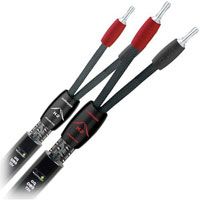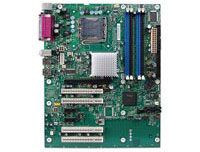Do you know any audiophiles? Audiophiles are people who demand the highest sound quality possible in their audio playback equipment. Some spend thousands of dollars in their quest for the perfect system. And many don't just focus on equipment or media; some go so far as to design a room's architecture to get the acoustics just right.
Audiophiles might describe a sound as bright, dark, warm and dry, among other things. Some use the word ambiance to describe the way a listening environment makes them feel. But they use the word ambience to describe the perception of a space where a recording was made. All of these terms are subjective -- what sounds warm to one person might not sound as good to another. That makes it difficult to define what high quality sound really is.
Advertisement
Not that this apparent obstacle has stopped audiophiles. They created the term high fidelity (hi-fi). As an adjective, audiophiles use the term to describe a sound reproduction system (like a stereo system) that is particularly effective at playing back sounds that resemble the original source. As a noun, audiophiles use the term to describe the seemingly endless pursuit of finding the perfect sound-reproduction system.
A similar term is high definition (HD). Usually used to describe video quality, some people are applying the term to sound quality. Specifically, people use this term to describe high quality digital sound. A hi-fi system can have both digital and analog components, but we'll look into more on that later.
High-definition audio as a general term isn't well-defined. It's not like high-definition video, which has an established set of standards. While one company in particular is attempting to define what high-definition audio is in the world of computers, the industry in general hasn't agreed on what the term actually means.
What is it about a machine that makes it a high-fidelity or high-definition audio device? Find out in the next section.
Advertisement

